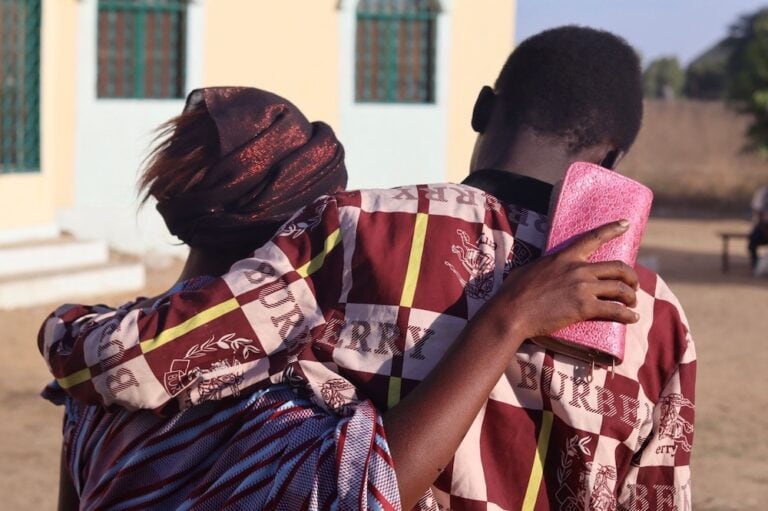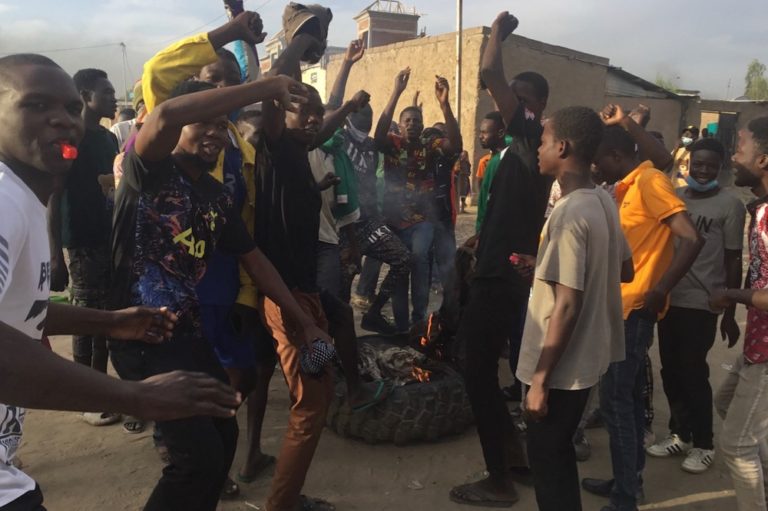(RSF/IFEX) – RSF has called on Chadian members of Parliament to take the necessary steps to ensure the N’Djamena press may continue to publish without restrictions, as they did before the a state of emergency was declared on 13 November 2006. Residents of the nation’s capital now have only one source to turn to for […]
(RSF/IFEX) – RSF has called on Chadian members of Parliament to take the necessary steps to ensure the N’Djamena press may continue to publish without restrictions, as they did before the a state of emergency was declared on 13 November 2006. Residents of the nation’s capital now have only one source to turn to for their written news, the pro-government “Le Progrès”, following the decision of bi-weekly “N’Djamena Bi-hebdo” and weekly “Le Temps” to suspend publication until the state of emergency’s initial period is over.
Nadjikimo Benoudjita, publication director of the independent weekly “Notre Temps”, also told RSF that he has decided to suspend publication until the state of emergency is lifted, after the state intelligence bureau (l’Agence nationale de sécurité, ANS) ordered him to stop reporting on clashes between rebels and government troops in the east of the country. On 15 November, about 15 intelligence officers appeared at the director’s home, which is adjacent to the paper’s office, and seized all the copies of the paper they found. Street vendors with copies of the latest edition were ordered to turn them over to the police. Benoudjita was made to promise not to distribute any copies not seized by the officers and was summoned to appear before the director-general of national security the next day, who warned him against any attempt to circumvent prior censorship measures set in place by the government for the state of emergency.
The 15 November edition of “Notre Temps” did appear however, after Benoudjita asked the State Prosecutor to rule on the question of the retroactivity of the measure. “Notre Temps” had in fact been published before the state of emergency was declared.
In another case, Abdelnasser Garboa, editor-in-chief of the independent weekly “L’Observateur”, told RSF that on 21 November, the Communications Ministry’s censorship committee ordered him to reconfigure the layout of the issue set to go to press, so that it would not be noticeable that entire segments that had been removed. The previous week’s edition, like that of many others still being printed in the capital, was published with black strips covering the censored articles, over which the words “Censored” were printed. The journalist refused to comply.
Facsimiles of the censored pages of “Le Temps” can be viewed on RSF’s website. Visit: http://www.rsf.org/article.php3?id_article=19815


